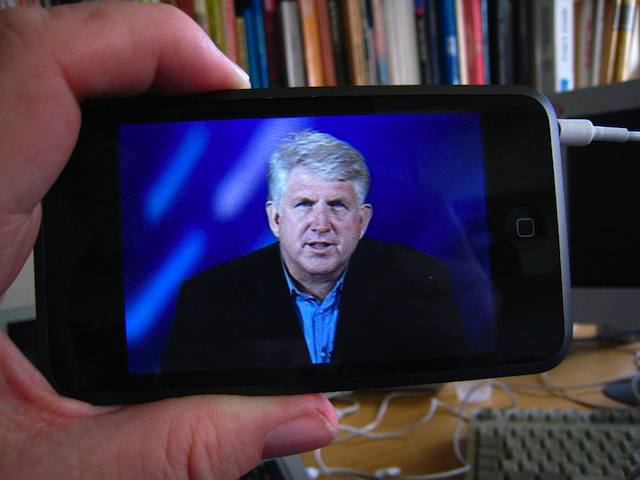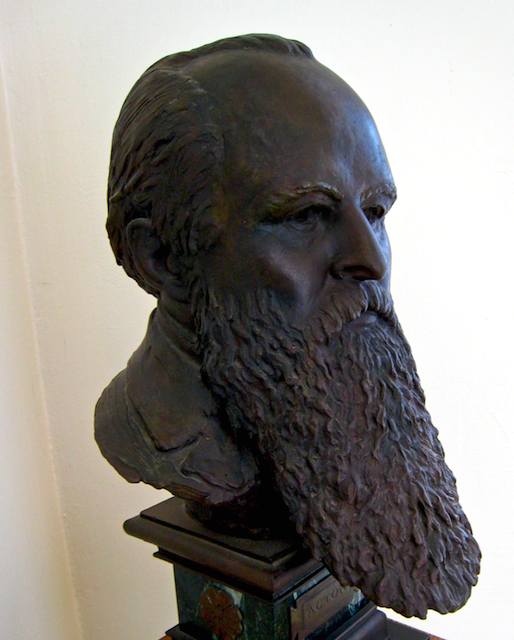This morning’s Observer column…
To judge from the volume of commentary that has followed his article, Carr has touched a nerve. He was ‘flooded with emails and blog posts from people saying that my struggles with deep reading and concentration mirror their own experiences’. Various über-bloggers such as Andrew Sullivan, Jon Udell and Bill Thompson took up the theme, adding their own twists. And prominent newspaper columnists such as Leonard Pitts (Miami Herald) and Margaret Wente (Toronto Globe & Mail) also revealed their private fears that addiction to cyberspace, and online media generally were, in fact, rotting their brains.
What’s surprising in a way is that people should be surprised by this. The web, after all, was designed by a chap (Tim Berners-Lee) who was motivated to do it because he had a poor memory for some things. Add powerful search engines to what he created and you effectively have a global memory-prosthesis. Who won the Ascot Gold Cup in 1904? Google will find it in a flash – and remind you that the race that year was run on 16 June, which is also the day in which all the action takes place in James Joyce’s Ulysses. What was the name of Joyce’s father? A quick Google search turns up the DNB entry, which reveals all. And what was the name of the woman who proved to be Parnell’s downfall? Ah yes, here it is: Kitty O’Shea… and so it goes on.
The combination of powerful search facilities with the web’s facilitation of associative linking is what is eroding Carr’s powers of concentration…



